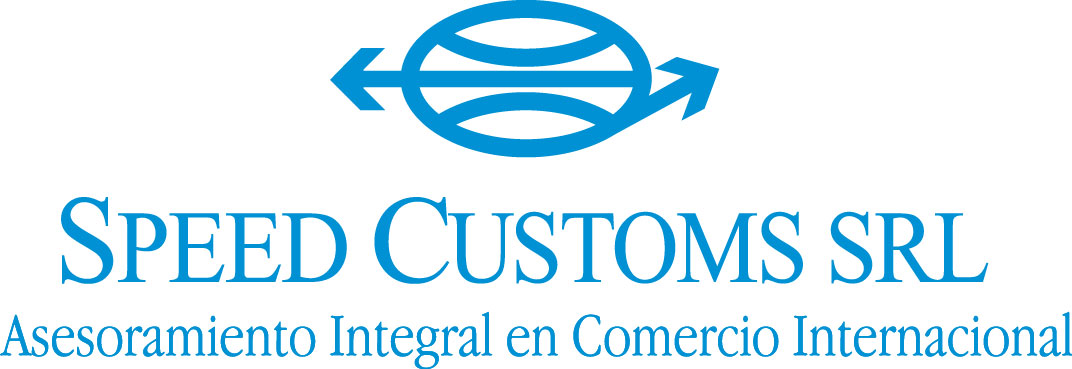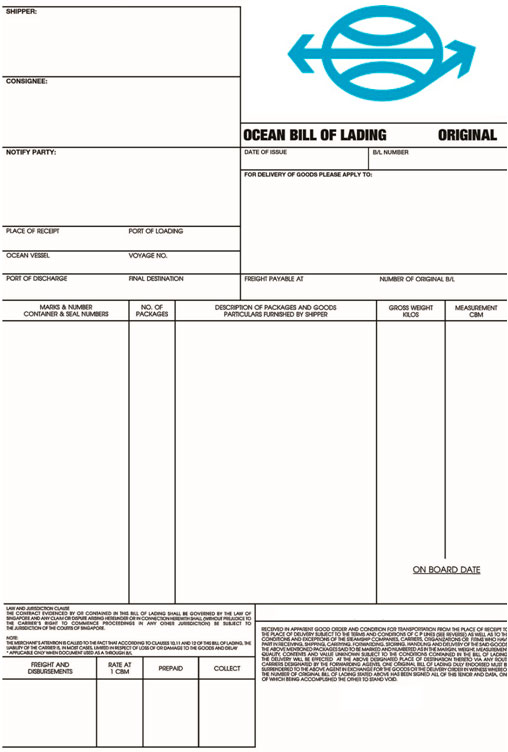Bill of Lading
by its initials in English, Bill of lading) is a document of maritime transport that is used as a contract of carriage of goods in a ship in regular line. The purpose of this contract is to protect the shipper and the consignee of the cargo in front of the owner and give confidence to each party with respect to the behavior of the other.
The transportation of goods under a bill of lading is governed by the Brussels Convention of 1924, which has been modified by the Rules of The Hague-Visby 1968 and, more recently, by the Hamburg Rules of 1978, the latter prepared by UNCITRAL.
Value of the bill of lading
This document is issued by the carrier maritime serves:
- as a certification that he has taken charge of the goods to be delivered, against the presentation of the same at the point of destination, who appears as the consignee, or to those who have acquired by endorsement to a total or partial,
- as proof of the freight agreed and
- as a representative of the charter contract in certain cases.
If the bill of lading is issued "to order" is a negotiable document that allows you to transfer ownership of the goods. The bill of lading to the order it is the most used in the documentary credits as the financial institution listed as the consignee of the cargo and endorses the documentation to the customer, the importer (and buyer) of the goods.
In addition to "the order", the bill of lading can be issued "to the bearer" (the owner of the goods is not identified) and "nominative" (in the name of a natural or legal person, who will pick up the goods when they are identify, and present an original bill of lading). It is, therefore, a document with the force of a title value.
Information required in a bill of lading
In the bill of lading must include the name, the registration number of the ship, ports of loading and discharge, name of the shipper and of the consignee, detailed description of the goods, the quantity, or weight, number of packages and their apparent condition.
It also reflects the freight amount (cost of shipping by sea), the currency in which it has been calculated this figure and if the freight is paid at origin (freight prepaid), or if it is a freight payable at destination (freight collect).
Shipper's bill of lading
The bills of lading of the cargo consolidated the issuing agent, international freight, freight forwarder or NVOCC (by its initials in English: Non-Vessel Operating Common Carrier). In such a case carried the name of "bill of lading son" (in English House Bill of Lading), being the "bill of lading mother" (in English, Master Bill of Lading) which is issued by the ocean carrier cash (the shipping company that carries out the transport).


